Korean BBQ Sauce: The Secret Ingredient Behind the Sizzle!
If you've ever taken a bite of perfectly grilled Korean BBQ and wondered, "What magic is in this sauce?" — you're not alone. Korean BBQ sauce, or *bulgogi* or *dwaeji galbi* marinade depending on the meat, is the soul of the dish. It's more than just a condiment; it's an aromatic blend of sweet, savory, spicy, and umami-packed flavors that brings every bite to life.
Table of Contents
- What Makes Korean BBQ Sauce Unique?
- The Flavor Profile Breakdown
- Popular Korean BBQ Sauce Recipes
- Pro Tips for Using Korean BBQ Sauce Like a Pro
- Buying Guide: How to Choose the Best Korean BBQ Sauce
- Homemade vs Store-Bought: Which Is Better?
- Final Thoughts
What Makes Korean BBQ Sauce Unique?
Korean BBQ sauce isn't just slapped onto the meat after grilling. Unlike Western-style sauces that are often applied at the end, Korean versions act more like marinades. They infuse the meat with flavor before, during, and sometimes even after cooking.
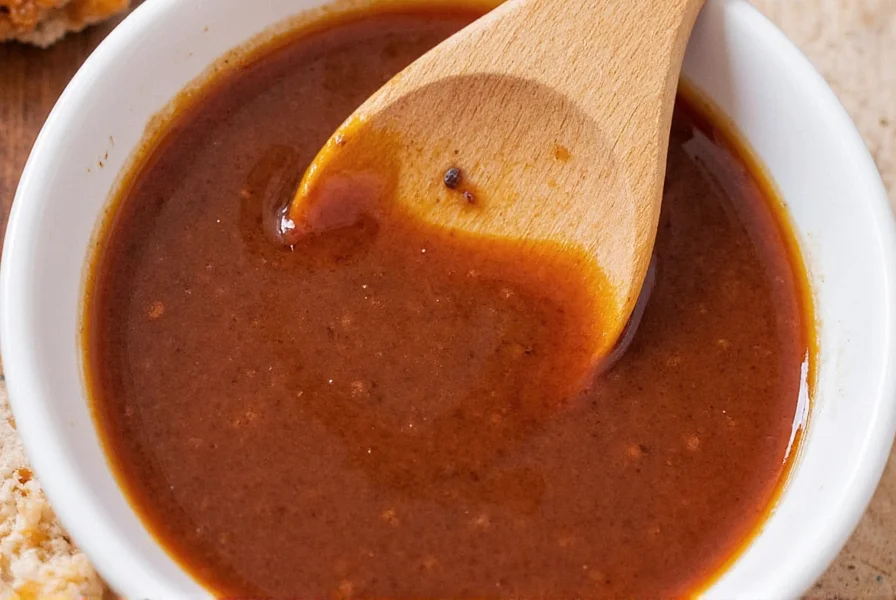
The base typically includes ingredients like soy sauce, garlic, sesame oil, sugar, gochujang (fermented chili paste), pear juice or kiwi (to tenderize the meat), and a touch of black pepper. This unique combination creates a balanced profile that complements both beef and pork, the two most common meats used in Korean BBQ.
The Flavor Profile Breakdown
| Taste Component | Key Ingredients | Role in the Sauce |
|---|---|---|
| Sweet | Sugar, honey, pear juice | Balance spiciness and enhance caramelization during grilling |
| Salty | Soy sauce, salt | Builds the foundation of umami flavor |
| Spicy | Gochujang, gochugaru (chili flakes) | Adds heat and depth |
| Umami | Fish sauce, fermented soy products | Deepens overall savoriness |
| Fruity/Earthy | Pear, kiwi, garlic, ginger | Natural tenderizers and aromatic layers |
Popular Korean BBQ Sauce Recipes
Let’s dive into some popular Korean BBQ sauce variations. Each one has its own story, regionality, and use case:
- Bulgogi Marinade: Sweet and savory, perfect for thinly sliced ribeye or sirloin. Great for quick grilling sessions.
- Dwaeji Galbi Sauce: Made specifically for pork ribs, usually spicier and with a thicker texture due to gochujang.
- Samgyeopsal Glaze: Less marinade, more finishing glaze. Often brushed on fatty belly slices right before serving.
- Spicy Tteokbokki-Style BBQ Sauce: For those who love extra fire! Adds a chewy and fiery twist when served with grilled veggies or chicken.
Pro Tips for Using Korean BBQ Sauce Like a Pro
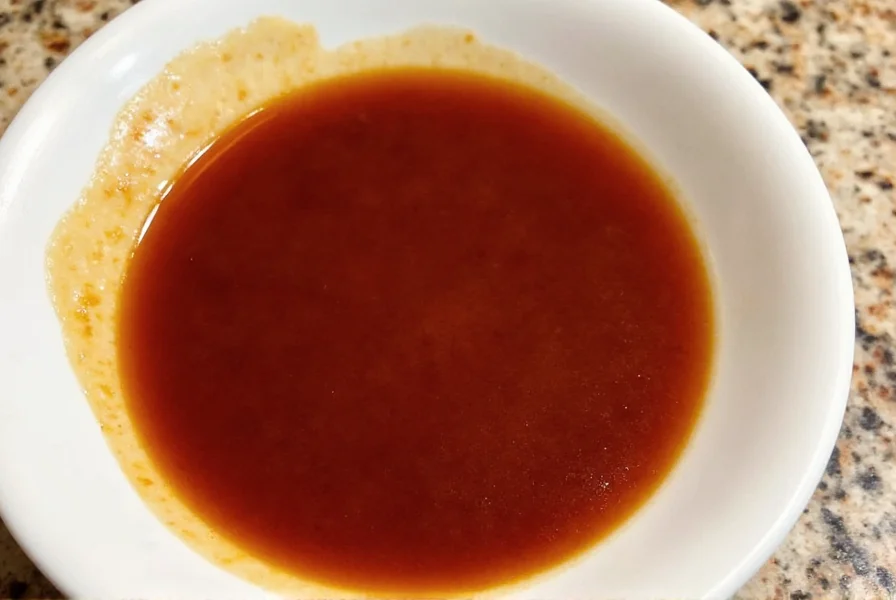
- Don’t Over-Marinate Chicken: Poultry tends to absorb flavors faster than beef. Limit marination time to 2–4 hours to avoid overpowering tastes.
- Use Natural Tenderizers: Add grated pear or kiwi to your sauce to naturally break down proteins without overcooking the meat.
- Glaze Near the End: Applying sauce too early can burn it. Wait until the last few minutes of grilling for that glossy finish.
- Double Dip Strategically: Offer extra sauce on the side but warn guests that re-dipping used utensils is a no-go for hygiene reasons.
- Pair With Side Dishes: Kimchi, lettuce wraps, and ssamjang elevate the experience. Don’t skip them!
Buying Guide: How to Choose the Best Korean BBQ Sauce
With so many options flooding supermarket shelves and online stores, how do you pick the right one? Here’s a simple guide to help you choose wisely:
| Brand | Flavor Notes | Best For | Consistency | Heat Level |
|---|---|---|---|---|
| O'Food Korean BBQ Sauce | Sweet & smoky, with a hint of plum | Bulgogi lovers | Medium-thick | Mild |
| Hansik Korean BBQ Marinade | Classic blend, rich in soy and garlic | All-purpose | Thin-medium | Mild to medium |
| Maangchi Premium Bulgogi Sauce | Chef-recommended, balanced sweetness | Home cooks | Medium | Mild |
| Samyang Spicy Korean BBQ Sauce | Fiery and bold, packed with gochujang | Spice seekers | Thicker | Hot |
| CJ Cheiljedang Original BBQ Sauce | Authentic restaurant taste | Professional kitchens | Thick | Mild |
Features to Look For
- Natural Ingredients: Avoid high fructose corn syrup or artificial additives unless necessary.
- Regional Authenticity: Some brands stick to Seoul-style recipes, others might lean toward Busan or Jeju Island traditions.
- Shelf Life: Check expiration dates if you don’t plan to use the bottle quickly.
- Versatility: Does it work as both a marinade and a dipping sauce? Bonus points for dual functionality.
Homemade vs Store-Bought: Which Is Better?
The eternal debate continues: Should you make your own Korean BBQ sauce or grab one from the shelf?
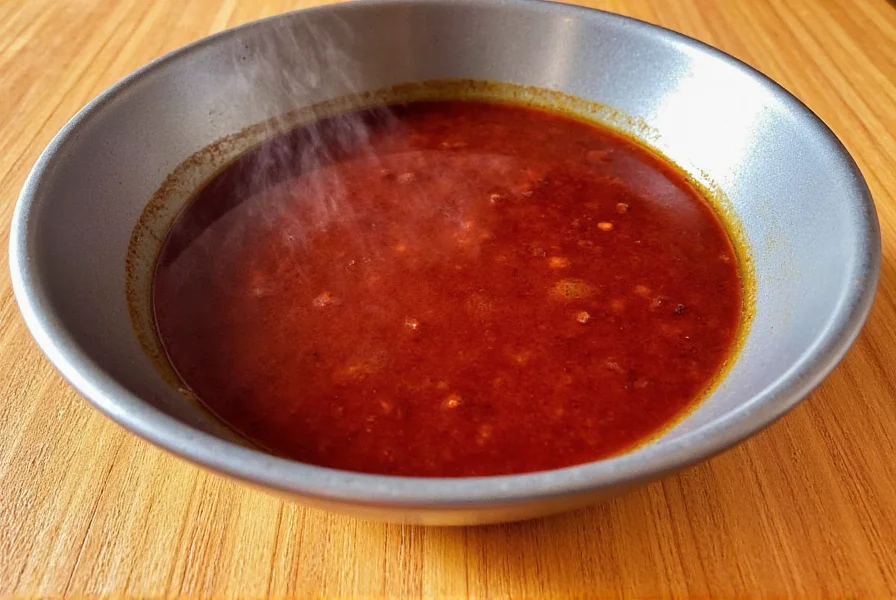
| Aspect | Homemade | Store-Bought |
|---|---|---|
| Flavor Control | Full control over sweetness, spice, and consistency | Limited customization |
| Time Investment | More time needed for preparation | Instant use |
| Ingredients | Use fresh, organic, or local ingredients | May contain preservatives or artificial flavors |
| Cost | Usually cheaper per batch | Can be pricier per ounce |
| Convenience | Need to store multiple ingredients | Easier storage and portability |
When to Choose Homemade
- You’re hosting a Korean-themed dinner party.
- You have specific dietary restrictions (low sodium, vegan, etc.).
- You want to impress your guests with a personal touch.
When to Choose Store-Bought
- You're short on time or cooking for one.
- You need a consistent flavor profile for repeated meals.
- You’re testing different flavors before committing to homemade batches.
Final Thoughts
Korean BBQ sauce is the unsung hero behind every juicy bite of grilled meat. Whether you’re a seasoned chef or a weekend griller, understanding the nuances of this flavorful elixir can transform your cooking game.
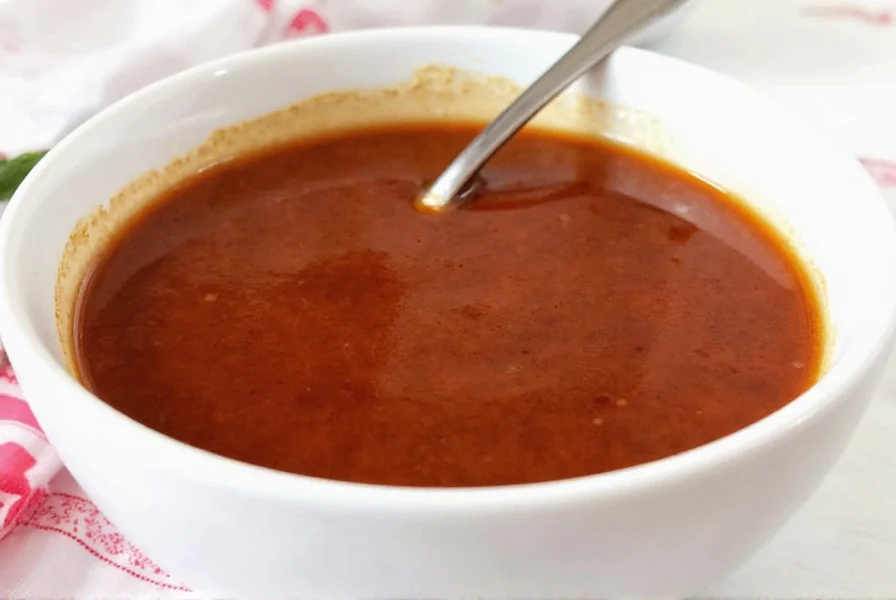
From mastering the balance of sweet and spicy to selecting the perfect bottled version or crafting your own, there’s something deeply satisfying about unlocking the secrets of Korean BBQ sauce. So next time you fire up the grill, don’t forget the sauce — it’s what makes the meal unforgettable.
Now go forth, marinate boldly, grill passionately, and enjoy every drop of that magical Korean BBQ sauce!

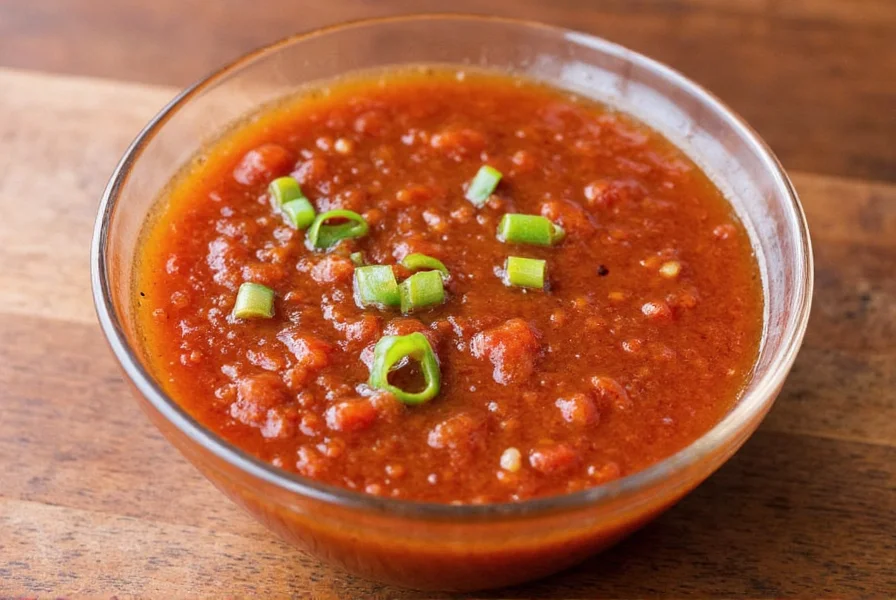









 浙公网安备
33010002000092号
浙公网安备
33010002000092号 浙B2-20120091-4
浙B2-20120091-4